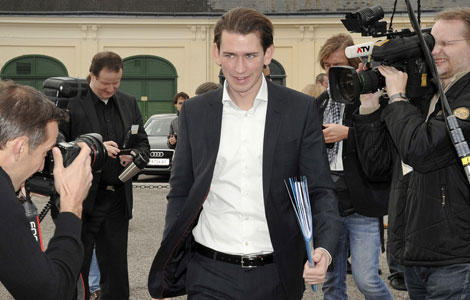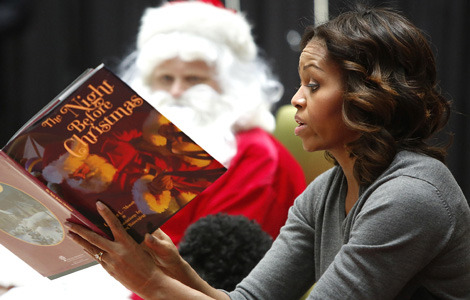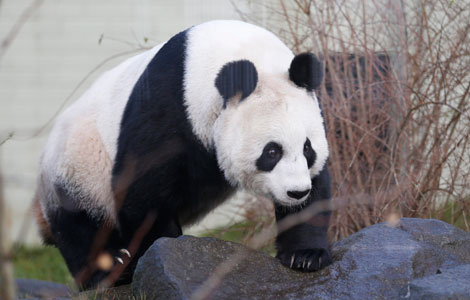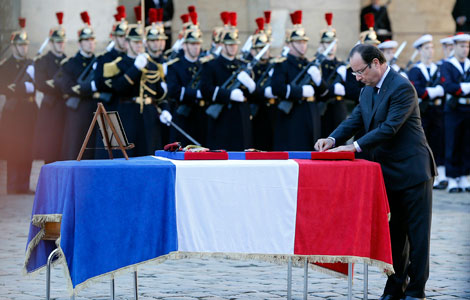

MOSCOW - Stretching across the landmass Eurasia, maneuvering between the East and the West, this year Russia has been on the way to regain its pride and global clout with President Vladimir Putin at the helm.
From crafting a deal with the United States to destroy Syrian chemical weapons to mediating between Iran and world powers to reach a nuclear agreement, from embracing "younger brothers" in its own backyard to associating partners in the new world, this year, Russia has been at the center of the world's political arena.
Judo diplomacy scores
As a black belt judoka, Putin made a set of deft diplomatic moves in the Syrian playground.
Moscow persuaded Damascus not only to admit the presence of chemical stockpiles, but also to agree to put them under international control. It helped avert a military strike against Syria which could have been inevitable otherwise.
Now the solution to the Syria conflict is firmly back on a political track and under the auspices of the United Nations.
This time, Putin managed to write down rules that played to his advantage. He did not throw anyone to the mat with his moves, yet he proved again that, in the volatile Middle East, Russia is a leading character and not a minor role that can be ignored.
Moscow was in accord with Washington to some extent when dealing with the Syria crisis and this political "consonance" helped them work in sync on the Iranian issue.
The Russian position has been gradually prevailing in the latest round of Iranian nuclear talks, said Anatoli Adamishin, a retired Russian diplomat and president of the Association for Euro-Atlantic Cooperation.
Although the outcome of the interim Geneva agreement is unclear at the moment, Russia kindled the light at the end of the tunnel. "Russia's politics on Iran starts to be recognized even by the United States," Adamishin said.
In a New York Times op-ed, Putin lectured politicians in Washington, slapping the American unilateralism and exceptionalism and underlining the necessity of building a multipolar world.
Putin made his message clear: Russia has no intention of challenging the United States on Syria and other major issues on the global chessboard, but demands a dialogue on the basis of equality and a readjusted world order.







